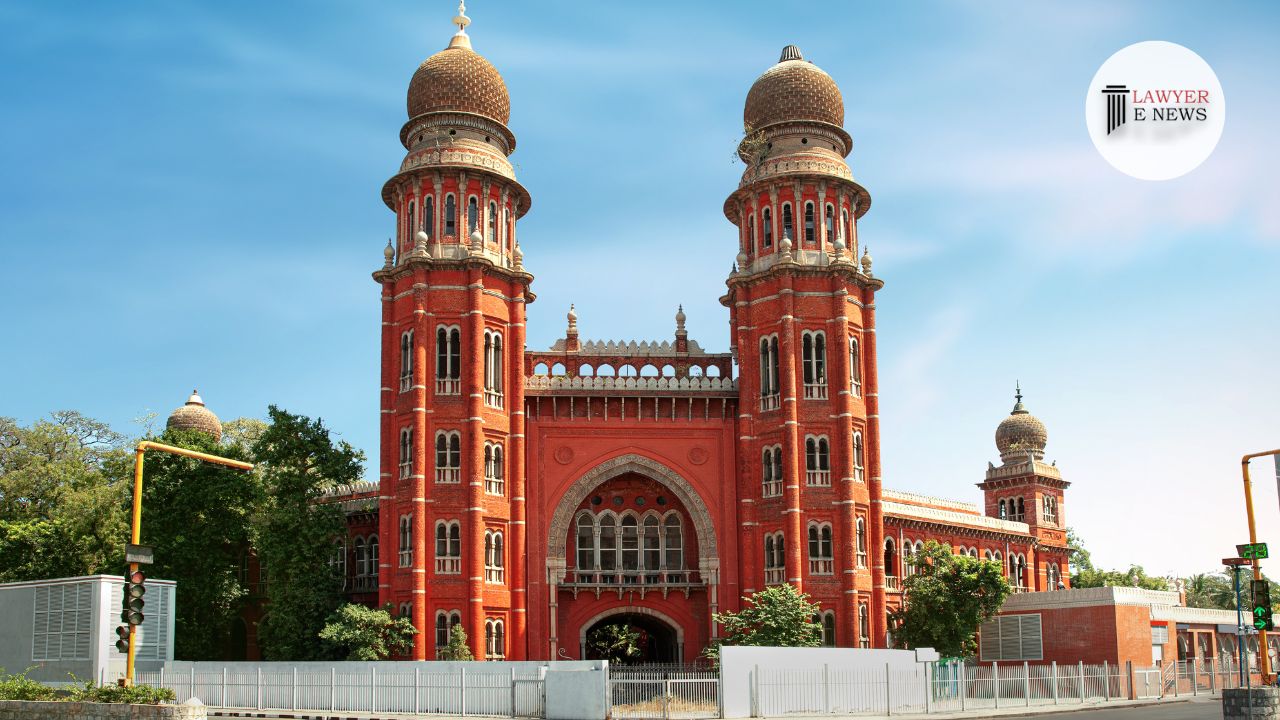-
by Admin
15 February 2026 5:35 AM



High Court sets aside trial court’s conviction due to inconsistencies in victim testimonies and procedural lapses in investigation.
The Madras High Court has overturned the conviction of a deceased primary school teacher, Sakthivel, accused of sexually harassing eight minor girl students. The appellate court found significant inconsistencies in the victim testimonies and procedural lapses in the investigation, leading to the acquittal. The bench, led by Justice R. Hemalatha, emphasized the necessity for clear and consistent evidence in cases involving serious allegations under the Protection of Children from Sexual Offences (POCSO) Act.
The case revolved around allegations that Sakthivel, a teacher at Solappadi Government Primary School in Dharmapuri District, sexually harassed eight girl students aged 9 and 10 years by inappropriate touching and pinching. The trial court convicted Sakthivel under Section 7 read with Section 8 of the POCSO Act. However, the High Court’s review of the trial court’s judgment revealed that the conviction was based on questionable evidence and procedural deficiencies.
The court noted that the testimonies of the eight victims (P.W.1 to P.W.8) were strikingly similar, raising doubts about their authenticity. Justice Hemalatha remarked, “All the eight victims have given a parrot-like version thereby causing a doubt as to whether they are tutored. Generally, a tutored witness deposes in a parrot-like fashion and a natural witness is bound to commit mistakes.” The court found it incomprehensible that no complaints of a sexual nature were made to the Assistant Elementary Education Officer (AEO) or the Headmaster during initial inquiries.
The Assistant Elementary Education Officer (P.W.13) and the Headmaster (P.W.14) testified that no complaints of sexual harassment were received during their initial investigations on March 2, 2015, and March 4, 2015. It was only after these dates that allegations of sexual misconduct surfaced, prompting skepticism about their veracity. The court highlighted, “The specific allegation from the child line against the deceased appellant on 04.03.2015 was regarding the act of pinching the girl children… The only demand there was the transfer of the teacher to some other school which was also acceded to.”
The investigation revealed several procedural lapses, including delayed filing of the complaint and inconsistencies in the testimonies of key witnesses. The medical examination of the victim (P.W.1) did not corroborate the allegations of severe sexual harassment, further weakening the prosecution’s case. The court noted, “Lack of clarity in the evidence of P.W.1 to P.W.8 as to the date or time of occurrence or other details also cast doubt on their veracity.”
The High Court emphasized that the presumption under Section 29 of the POCSO Act, which assumes guilt until proven otherwise, requires the prosecution to establish foundational facts beyond reasonable doubt. The bench stated, “This presumption would operate only when the prosecution proves the foundational facts in the context of allegations against the accused that too beyond reasonable doubts.
Justice Hemalatha remarked, “The overwhelming evidence of P.W.13 and P.W.14 weaken the prosecution case. In such circumstances, this court concludes that the prosecution has failed to prove their case against the deceased appellant.”
The High Court’s judgment sets aside the trial court’s conviction and acquits the deceased appellant, Sakthivel, underscoring the importance of reliable and consistent evidence in sexual harassment cases. This decision highlights procedural scrutiny and the necessity for clear, corroborative evidence in upholding convictions under the POCSO Act. The court also directed the refund of any fine amount paid by the legal heirs of the deceased appellant.
Date of Decision: July 19, 2024
Sakthivel (Deceased) & Others v. The State represented by Inspector of Police, All Women Police Station, Pennagaram, Dharmapuri District
